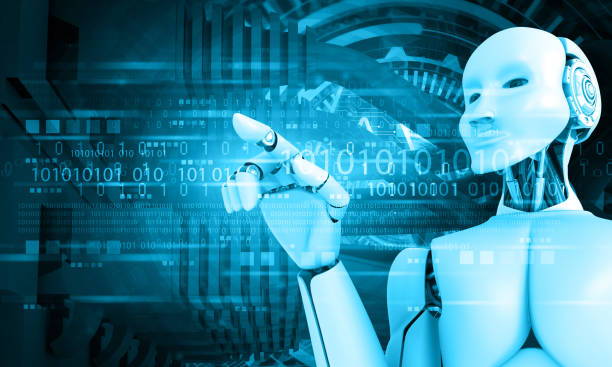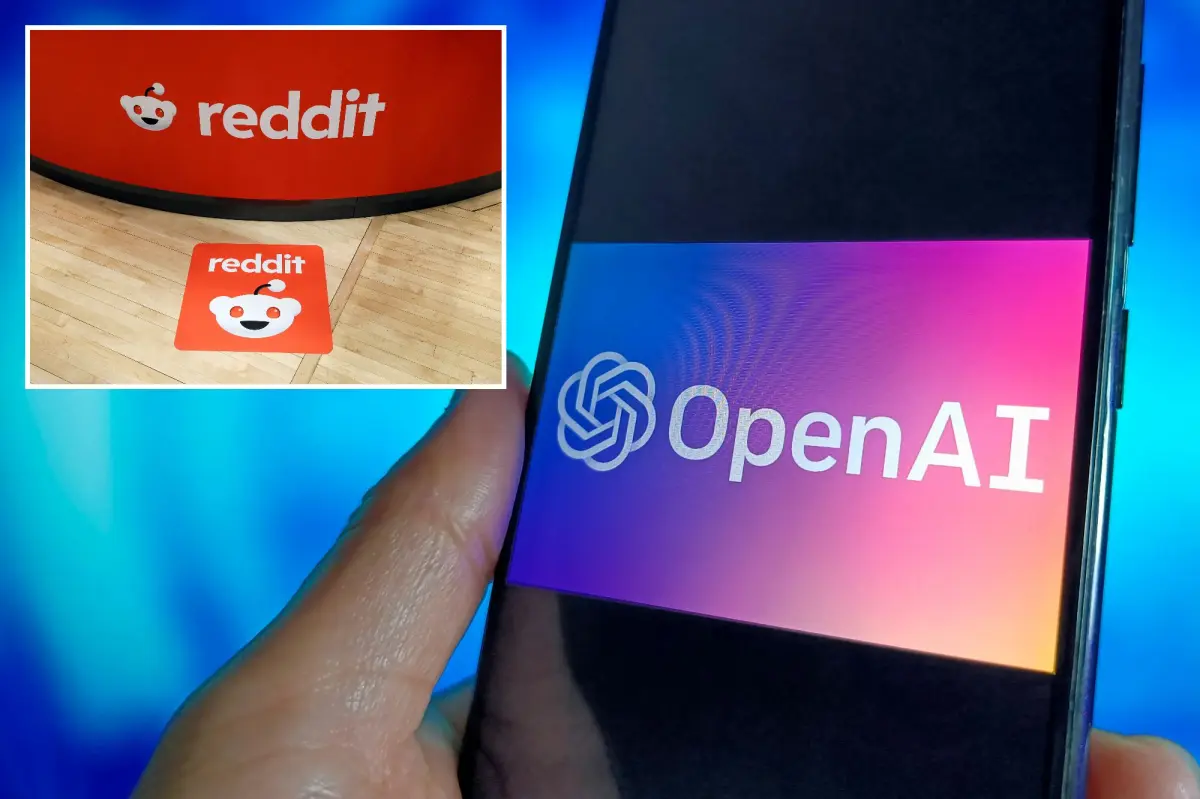The AI Revolution is Here: What You Need to Know in 2025
The buzz isn’t hype—Artificial Intelligence (AI) has officially moved from a futuristic concept to an everyday reality. From the way we work to the way we learn, AI is restructuring the world at a pace that is nothing short of breathtaking. If you’re not already engaging with AI, 2025 is the year to start.
Here’s a breakdown of where AI is making the biggest impact and what you need to focus on right now.
AI at Work: A Productivity Partner, Not a Terminator
While fears of widespread job loss are common, the immediate reality in many sectors is augmentation and efficiency. Companies—from tech giants to small businesses—are integrating AI tools to streamline operations and boost human capabilities.
- Automation of Repetitive Tasks: AI is taking over predictable, data-heavy work in areas like customer service (chatbots), accounting (bookkeeping), and data analysis. This isn’t just about cutting costs; it’s about freeing up human employees to focus on more complex, creative, and strategic problems.
- The Rise of the AI-Savvy Employee: Leading companies are making AI fluency a mandatory skill. Employees are using AI as a coding partner, a creative brainstorming assistant, and a real-time meeting note-taker. The message is clear: those who can effectively use AI tools will become dramatically more productive and valuable.
- A Shift in Business Strategy: The speed of AI adoption is forcing companies to adapt or risk being left behind. Former CEO’s have warned that the pace of AI is five times faster than the internet age, a shift that will see many traditional business models vanish. The ability to rapidly reinvent and integrate AI is now an executive-level competency.
Transforming Key Industries
AI’s impact is visible across nearly every major sector:
- Healthcare: AI algorithms are now assisting in diagnosing diseases by analyzing medical images for patterns invisible to the human eye. They are personalizing treatment plans and helping accelerate drug discovery.
- Finance: AI is crucial for fraud detection, risk assessment, and optimizing large investment portfolios by analyzing vast amounts of market data far faster than any human team.
- Education: Personalized learning is becoming a reality. AI can tailor educational content and pace to a student’s individual abilities, ensuring both struggling and high-performing students get the attention they need.
- Manufacturing & Logistics: Predictive maintenance uses AI to analyze machine data and predict failures before they happen, while AI in logistics optimizes complex supply chains and delivery routes.
The Great Challenge: Ethics, Safety, and the Future
With great power comes great responsibility, and the rapid ascent of AI brings with it serious, necessary conversations about its impact on society.
- The Urgency of Safety: Prominent AI pioneers are sounding alarms about the risk of building “hyperintelligent machines” whose goals may misalign with human safety. Independent oversight, rigorous safety protocols, and a focus on “non-agentic” AI are becoming paramount to manage existential risk.
- Data and Privacy: Generative AI models require massive datasets for training, which has intensified concerns over data privacy, copyright, and intellectual property. The push for regulation and greater transparency about data collection methods is growing.
- The Skills of Tomorrow: As AI automates routine tasks, human skills like critical thinking, ethical awareness, and adaptability become more valuable than ever. These are the “future-proof” skills that allow humans to guide, audit, and steer AI, ensuring its power is used for good.
Your Next Step: Embrace the Change
The AI revolution isn’t coming—it’s already here. The key to navigating this new era isn’t fear, but proactive engagement.
Start by exploring how the AI tools already available can automate a small part of your daily workflow. Learn to prompt and guide these systems. By focusing on becoming an “AI-savvy” individual, you position yourself not as a competitor to the technology, but as its essential conductor.
The future of work isn’t human vs. machine, but a powerful partnership where human intelligence is augmented by artificial intelligence. The time to adapt is now.


